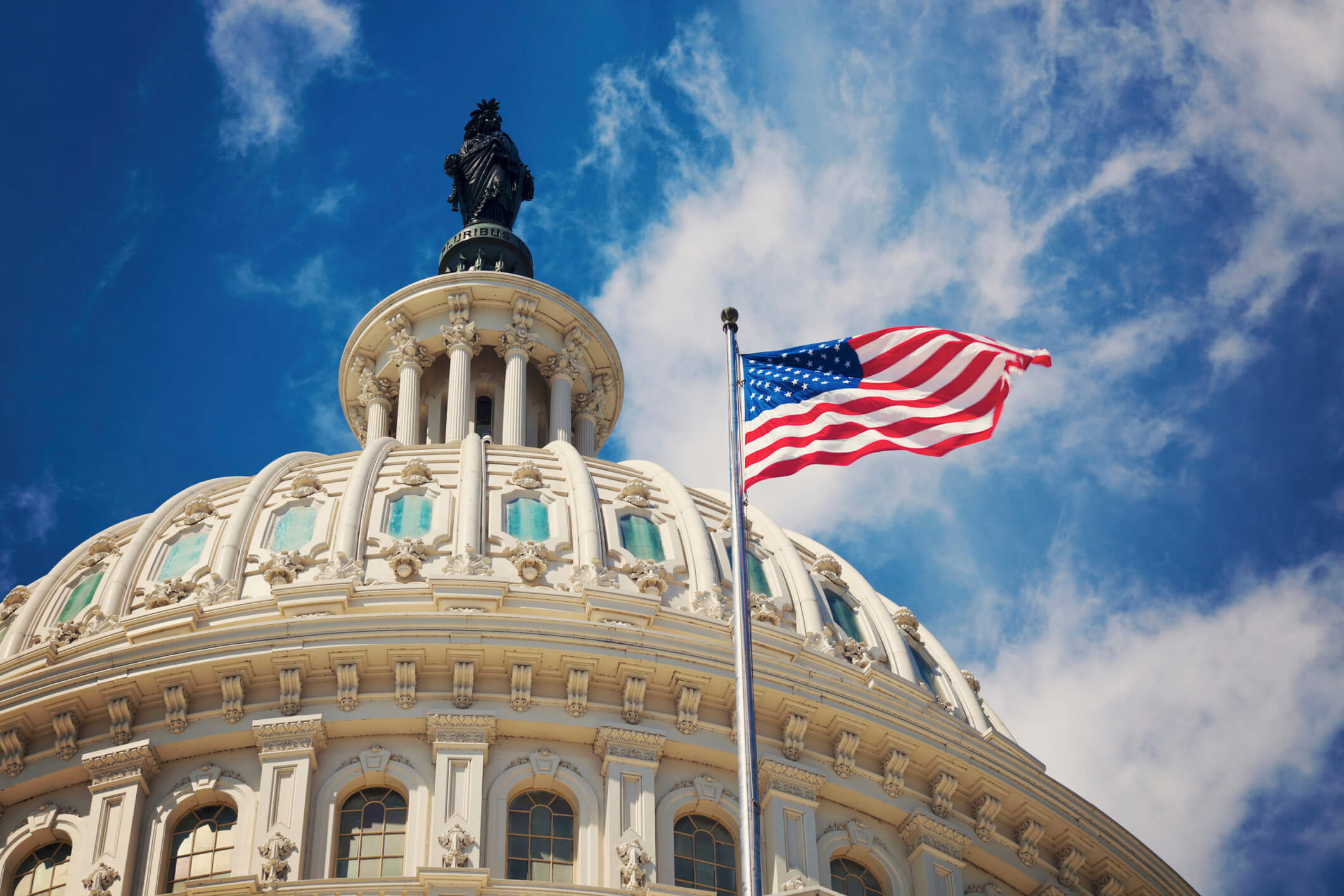NLRB: Union Election Petitions Increase. According to data released this week by the National Labor Relations Board (NLRB), union election petition filings increased 27 percent—from 2,593 to 3,286—between fiscal year (FY) 2023 (October 1, 2022, to September 30, 2023) and FY 2024 (October 1, 2023, to September 30, 2024). The Board also notes that representation petitions have doubled since the beginning of the Biden administration. Unfair labor practice charges also increased 7 percent (from 19,869 to 21,292 cases) between FY2023 and FY2024. In light of these increases, and with Congress still needing to hammer out FY2025 funding, the NLRB’s press release argues, “more resources remain desperately needed.” President Biden issued a statement in response to the news, stating, “my Administration has supported workers, including restoring and extending overtime pay protections to 4 million workers, holding employers accountable for union-busting, and calling on Congress to pass the PRO Act.”
DOL Targeting “Coercive Contractual Provisions.” This week, the U.S. Department of Labor (DOL) and the Office of the Solicitor released a “Special Enforcement Report” on so-called “coercive contractual provisions.” The report outlines recent DOL enforcement efforts “to combat coercive contractual provisions” such as:
- “Contractual provisions requiring workers to waive statutory protections
- Contractual provisions that purport to require employees to agree that they are independent contractors
- Indemnification-type provisions and related counterclaims purporting to shift liability for legal violations to workers or other entities
- ‘Loser pays’ provisions attempting to require employees to pay the employer’s attorney’s fees and costs if the employees do not prevail in litigation or arbitration
- ‘Stay or pay’ provisions, including some training repayment assistance provisions, that purport to require workers to pay damages to their employer for leaving a contract early
- Confidentiality, non-disclosure, and non-disparagement provisions
- Company policies that purport to require workers to report safety concerns to their employer before contacting any government agencies”
The report concludes, “the Department has well-established authority to bring enforcement actions on behalf of workers, regardless of whether those workers have agreed to arbitrate disputes with their employer.” The report also dovetails with NLRB General Counsel Jennifer Abruzzo’s recent memo targeting non-compete and other contractual provisions.
GAO: OSHA Needs to Scrutinize Warehouse Industry. The U.S. Government Accountability Office has issued a report entitled, “OSHA Should Take Steps to Better Identify and Address Ergonomic Hazards at Warehouses and Delivery Companies.” The report concludes that the Occupational Safety and Health Administration (OSHA) “faces challenges identifying and addressing ergonomic hazards, which cause the most common worker injury in [warehousing and delivery industries]—musculoskeletal disorders.” As such, GAO recommends that OSHA add “a column for musculoskeletal injuries to OSHA recordkeeping forms,” which reiterates a long-standing regulatory effort that OSHA has been pursuing since 2010. The report also states, “Because OSHA does not have an ergonomic standard it must use the general duty clause … to cite [ergonomic] hazards” and that such citations “require a high level of evidence that can make issuing them a challenge.” The report will likely be used by proponents of the Warehouse Worker Protection Act—which would revise OSHA’s ergonomics standard—to advocate for the bill’s passage
Noncompete Update. Back in August, the Buzz discussed the possibility of a potential circuit split resulting from multiple legal challenges to the Federal Trade Commission’s (FTC) non-compete ban: in one case in Texas, the district court enjoined the rule nationwide, but in a case in Pennsylvania, the court rejected ATS Tree Services, LLC’s motion to enjoin the rule (in a third case, a district court in Florida has enjoined the rule with regard to just the plaintiff bringing the challenge). The conflicting rulings led to significant uncertainty as the cases progress towards the appeals stages. Well, the situation became a bit clearer this week as ATS withdrew its legal challenge, making it less likely that there will be a ruling from a federal court of appeals upholding FTC’s authority to promulgate the rule. Christine Bestor Townsend and Zachary V. Zagger have the details.
Companion Union Transparency Bill Introduced in Senate. U.S. Senator Bill Cassidy (R-LA), ranking member of the Senate Committee on Health, Education, Labor and Pensions (HELP), has introduced the Union Members Right to Know Act, a similar version of which has already been introduced in the U.S. House of Representatives. The proposed legislation would require labor unions to affirmatively notify employees of their rights to refrain from funding union activities that are not related to collective bargaining. It also requires unions to obtain affirmative consent from employees every year, in order to use employee dues to fund activities not related to collective bargaining.
RIP, Lilly Ledbetter. Lilly Ledbetter passed away this week at the age of eighty-six years old. Ledbetter gained notoriety for her pay discrimination case, which made it all the way to the Supreme Court of the United States in 2007. Ledbetter had worked for her employer for nineteen years, and nearing retirement, she learned that during her employment she had earned less than male coworkers in the same position. Ledbetter subsequently filed discrimination claims under the Equal Pay Act and Title VII of the Civil Rights Act of 1964. She advanced a “paycheck accrual” theory of discrimination in which each paycheck constituted a discriminatory act that restarted the limitations period. The Supreme Court rejected Ledbetter’s argument, ruling that the discriminatory pay-setting action that led to the difference in pay occurred outside the 180-day statute of limitations. In dissent, Justice Ginsburg wrote, “Once again, the ball is in Congress’ court. As in 1991, the Legislature may act to correct this Court’s parsimonious reading of Title VII].” Congress responded by passing the Lilly Ledbetter Fair Pay Act two years later, the first bill President Barack Obama signed into law, on January 29, 2009.





